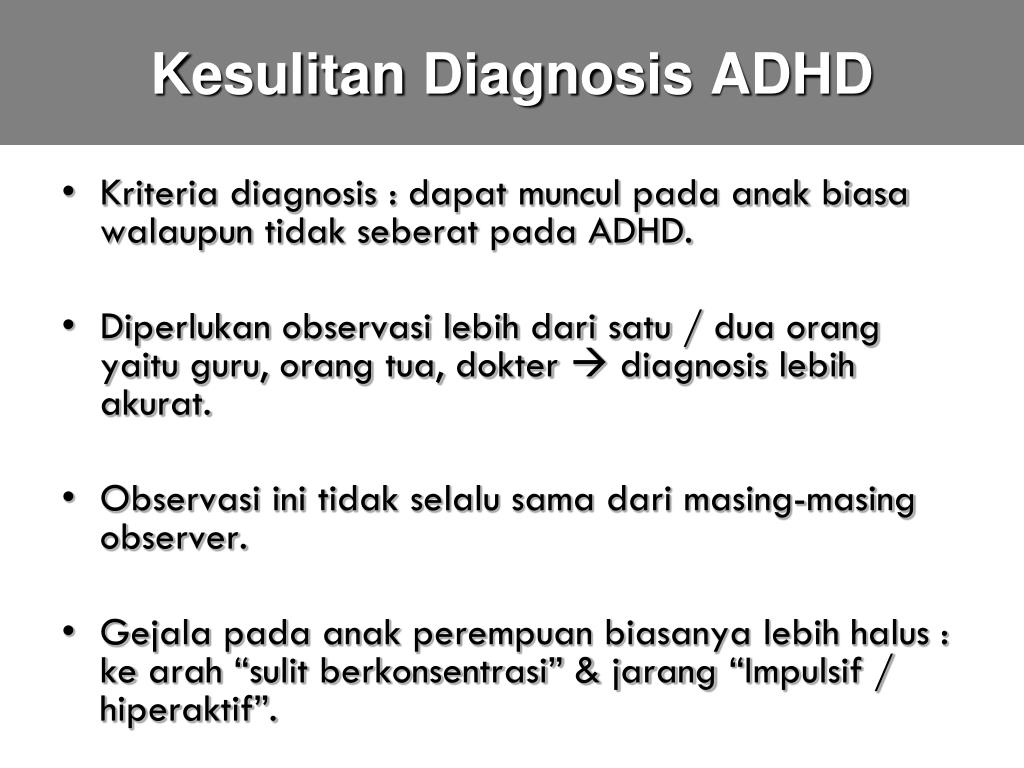I lack motivation
Causes, Ways to Manage, & Therapy Options
Skip to contentPublished: December 9, 2021 Updated: September 14, 2022
Published: 12/09/2021 Updated: 09/14/2022
Lack of motivation may be caused by stress, life changes, or underlying mental health conditions like adjustment disorder or depression.1,2 Low motivation can be remedied with activities that increase dopamine output, like physical exercise, behavioral activation, mindfulness, psychotherapy, and for some, medication.3,4,5,6
A lack of motivation can be hard to overcome on your own. Fortunately, BetterHelp has over 20,000 licensed therapists who provide convenient and affordable online therapy. BetterHelp starts at $60 per week. Complete a brief questionnaire and get matched with the right therapist for you.
Choosing Therapy partners with leading mental health companies and is compensated for referrals by BetterHelp
Visit BetterHelp
Why Am I So Unmotivated? 10 Potential Causes
Lack of motivation can happen when someone is experiencing life stressors or changes, such as going away to school, changing jobs or work burnout, the death of a loved one, the ending of a relationship, illness, overwhelm, or other major life transitions. 7 Or, someone might have a mental health concern, like depression or an adjustment disorder, that’s aggravating their lack of motivation.
Here are ten potential reasons why you’re feeling unmotivated:
1. You Might Have an Adjustment DisorderLack of motivation can be seen in individuals who are dealing with adjustment disorders.7 These individuals might be experiencing major life stressors and changes, but continue to have difficulty adjusting to these changes in their lives to the point that they struggle to maintain their normal routine, daily tasks, things they enjoy, or engagement with a support system.
2. You Might Be Experiencing Toxic StressLow motivation is often experienced when someone has a chronic stressor that they can’t change—known as toxic stress. These feelings can become a cycle, where people can’t escape their stress and in turn keep experiencing this lowered drive. It can cause reduced sleep and self-care, which continues the destructive cycle.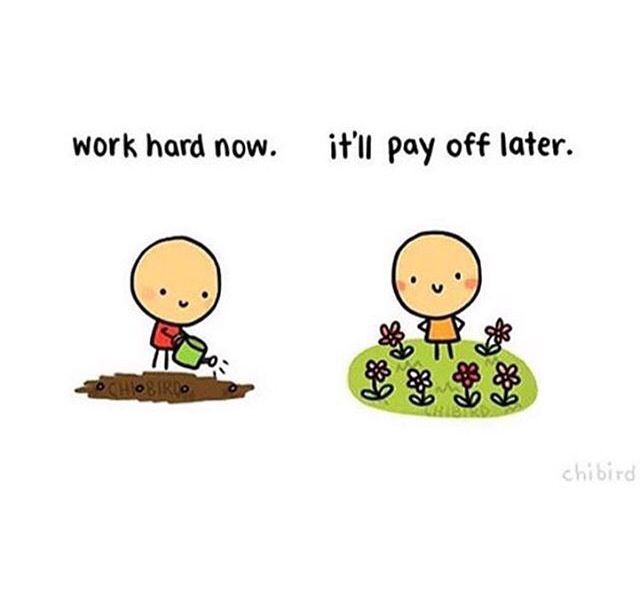 Those who experience low or no motivation tend to struggle when they don’t know how to change the stressful situation they’re in.
Those who experience low or no motivation tend to struggle when they don’t know how to change the stressful situation they’re in.
If you have a lot of tasks to complete, especially in a short period of time, you may begin to feel overwhelmed. It is not uncommon to begin experiencing low motivation to complete any of the tasks on your list, especially if you are struggling to figure out where to begin. This can be a frustrating cycle, especially as anxiety can significantly increase and further influence apathy.
If you are feeling overwhelmed, it can help to break down each task into smaller, more achievable items to get things done in small blocks. This approach can help reduce anxiety and apathy, helping you meet your goals.
4. You May Not Have a Lot of Activities That Interest YouWhen you do not have a lot to look forward to or get excited about, you can experience lowered motivation. As a result, you may find yourself engaging in mindless tasks that are not enjoyable, productive, or meaningful to you most of the time. It can be difficult to get out of this slump, especially if you do not know what will fulfill you.
It can be difficult to get out of this slump, especially if you do not know what will fulfill you.
It can be helpful to try new activities or return to old activities that used to motivate you or make you feel happy, especially since research has suggested creativity and spontaneity increase inner motivation.10
5. You Might Be Doing a Lot for Others, But Not Taking Time for YourselfIf you are constantly engaged in tasks with or for other people and you’re unable to find time for yourself, you may find yourself having little or no motivation to do anything. This can be frustrating, especially if you value the people you’re helping. Because of how little time you have to yourself, you may not be able to engage in creative activities that would interest and further encourage creative growth.10
It can be helpful to allow yourself some alone time daily or every few days to breathe and engage in things you enjoy to increase motivation levels again.
When someone has emotional, cognitive, and physical fatigue as a result of their work, they are likely experiencing burnout. Burnout can result in lower productivity, feelings of helplessness or frustration, reduced mental and physical health, and lowered motivation. If someone doesn’t feel a sense of belonging in the company and with their peers, it can lead to an increased risk of burnout.13
Burnout can be a complex and difficult experience, especially if you are unsure of how to move forward. It can be helpful to reach out to a mental health professional and take some time to assess how fulfilled you are in your current work.
7. You May Be Having Difficulty Changing Your PerspectivePeople can experience rigid or fixed perspectives that make it difficult to consider alternatives to being perfect or doing something in an exactly correct way. This perspective can influence rumination (worrying), perfectionism, and other unhealthy thinking patterns that do not allow for alternatives in meeting a goal.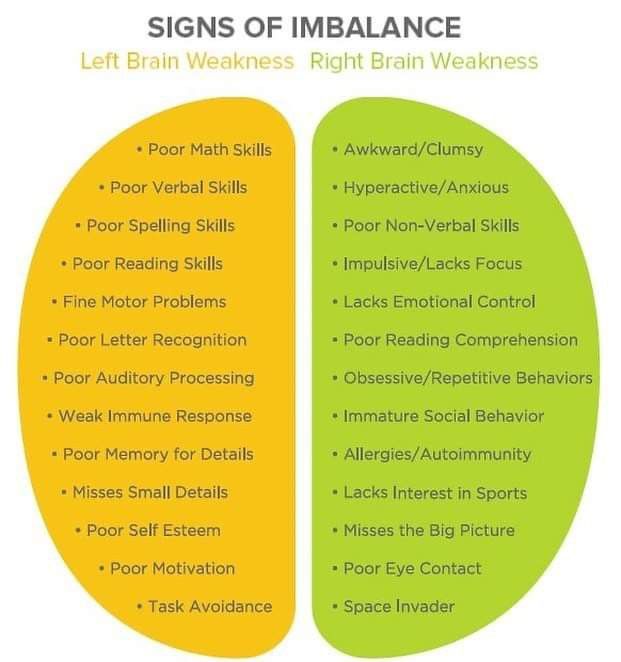 11
11
As a result, you may experience low motivation due to unhealthy patterns that reinforce the idea that if you cannot meet a goal in one exact way, then you cannot at all. It can be helpful to challenge the thought or feeling that comes with the thought process and work on becoming flexible or adaptive in how you can meet that goal.
8. You May Be Dealing With Recent Events That Have Been Stressful or ChallengingIf you have recently experienced a life-changing or stressful event, like a death, loss of a relationship, moving, or leaving a difficult situation, you may feel upside down or immensely more heavy. You may be having difficulty handling your new normal, which can impact general motivation.
You may feel like you are struggling to come to terms with this event and may not feel like doing much of anything. In this case, it can be helpful to process the event for yourself and allow yourself time to rest and recover from the event.
9. You May Be Avoiding Difficult Feelings, Like Frustration or Self-Doubt, Brought Up by Your Goals
You May Be Avoiding Difficult Feelings, Like Frustration or Self-Doubt, Brought Up by Your Goals Imagine a difficult task, like writing an essay, and think about the amount of work. Negative feelings, like frustration or anxiety, may start to occur and you may experience significantly low motivation in starting or completing this task. This may be because you are uncomfortable with experiencing these emotions and facing them in the process of completing this task.
If you feel the level of frustration or self-doubt is difficult to manage in relation to the task, you may be more likely to experience immediate avoidance and, in turn, lowered motivation.12 You might even know how important the task is to complete, further reinforcing the negative feelings of it not being completed. It can be helpful to break down the task into time intervals and even reward yourself as you go along to increase positive feelings surrounding getting it done.
10. You May Be Experiencing a Depressive EpisodeAlthough motivation can be influenced by quite a few factors, low motivation is a common symptom of a major depressive episode or disorder.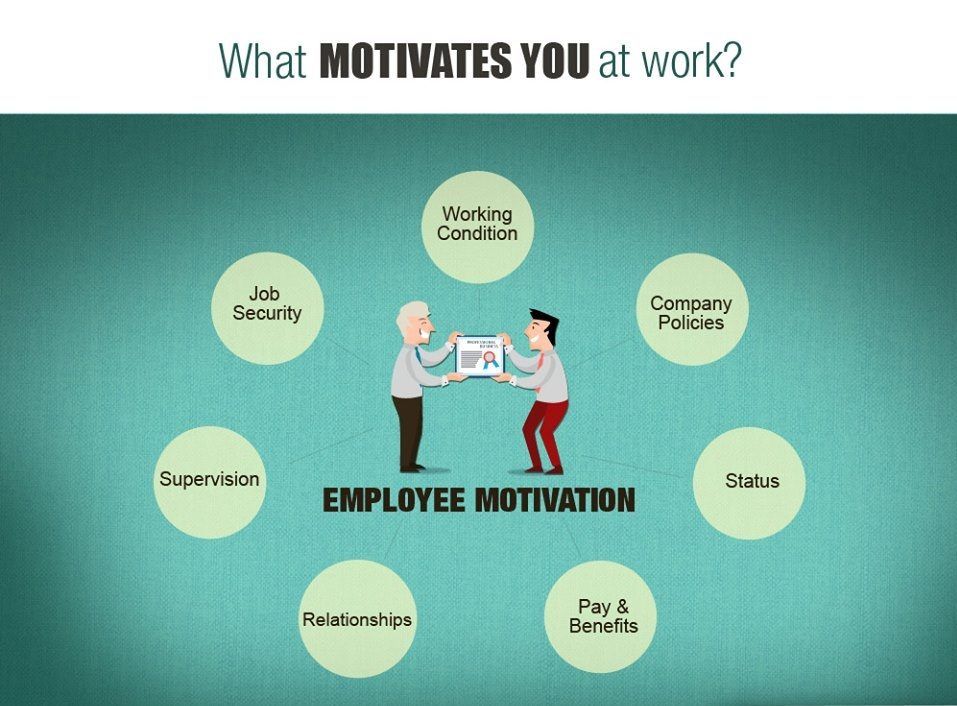 8 This normally presents with difficulty in other areas in addition to motivation (like feeling sad or hopeless, changes in weight and energy levels), which can make it difficult for you to meet your goals and manage how you are feeling.
8 This normally presents with difficulty in other areas in addition to motivation (like feeling sad or hopeless, changes in weight and energy levels), which can make it difficult for you to meet your goals and manage how you are feeling.
It can be incredibly helpful to reach out to a mental health professional so you can get a diagnosis and begin processing what is happening.
Popular Choices For Online Therapy
BetterHelp – Best For Those “On A Budget”
Brightside – Best For Anxiety & Depression
Talkspace – Best For Therapy & Medication
According to 14 Best Therapy Services of 2022 (updated on 8/9/2022), Choosing Therapy partners with leading mental health companies and is compensated for referrals by BetterHelp, Brightside, and Talkspace
Lack of Motivation vs. Depression
Lack of motivation generally feels like limited or no interest or energy for the activities in your life, including things you’d normally enjoy. Depression includes negative feelings for yourself, although it does also substantially lower your energy, motivation, interest, and focus. Both experiences overlap, so it can be helpful to ask yourself if you’re feeling like you’re in a temporary rut and somewhat lazy, or depressed. It is important to know when to reach out for help with either condition.
Depression includes negative feelings for yourself, although it does also substantially lower your energy, motivation, interest, and focus. Both experiences overlap, so it can be helpful to ask yourself if you’re feeling like you’re in a temporary rut and somewhat lazy, or depressed. It is important to know when to reach out for help with either condition.
While lowered energy and less interest in the things you enjoy is common in both conditions, lack of motivation and depression are different.
When you have a loss of motivation, you may experience:4
- Difficulty in mustering up energy to complete daily tasks
- Relying on others to plan outings or events
- No desire to engage with new or inspiring people or experience
- Feeling limited to no emotions about good or bad things
- Apathetic about your issues
- A general lack of any emotion surrounding your life
When you are depressed, you may experience a number of these symptoms for two or more weeks:8
- Feelings of sadness,hopelessness, or emptiness nearly every day
- Worthlessness and unwarranted guilt
- Weight loss or gain due to a noticeable change in appetite
- Sleeping too little or too much
- Feeling restless or feeling like you are moving very slowly
- Feeling tired or having low energy
- Difficulty focusing or thinking straight
- Suicidal thoughts
While some of these symptoms may sound minor, people should reach out for help when they begin to notice that their life has begun to look different. These changes may be noticed when you are struggling to finish your work tasks or homework, when you are consistently isolating yourself from your friends and family, or when you are not taking care of your basic needs.
These changes may be noticed when you are struggling to finish your work tasks or homework, when you are consistently isolating yourself from your friends and family, or when you are not taking care of your basic needs.
9 Tips for How to Find Motivation
While it can be difficult to get moving and start making tangible changes when you have no motivation, there’s a lot you can do to get going again.
Here are nine tips for how to be motivated:
1. Create a Routine
By breaking down your day and creating expectations for each day, you are training your body and mind to naturally fall into these behaviors—even if they are incremental.
2. Take Care of Yourself Physically
Good self-care includes proper hygiene, sleep, and nutrition. If it’s been awhile, you might want to schedule a visit with your doctor and get their personalized advice on the best ways to take care of your body.
3. Work Out
When you engage in exercise and other things that make you proud of yourself, your brain produces dopamine. This can make you feel happy, rewarded, and motivated.9
This can make you feel happy, rewarded, and motivated.9
4. Break Large Goals Down Into Smaller Tasks
You may not feel as overwhelmed about completing each small task, and that will help you to change your perspective regarding the goal itself—while before it may have seemed insurmountable, you now have a game plan that you can follow.
5. Reward Yourself for Completing Tasks
Rewarding yourself works because you’re promoting dopamine output as well as motivating yourself to keep going. This could be anything from a nice coffee to a bubble bath to a kind word to yourself, or even a vacation after completing a larger goal.
6. Do Things You Used to Enjoy
For example, reading a fictional book, playing a game, sitting outside, and drawing are all great places to start. Even if you aren’t sure you still enjoy the activity, give it a try and see how you feel afterward.
7. Reach Out to Your Support System
Sometimes, a coffee date, phone call, or FaceTime interaction can help to increase motivation by getting a reminder from people who love you that you’re doing a good job.
8. Practice Gratitude & Mindfulness Skills
Both gratitude and mindfulness have been proven to deepen your appreciation for life and the simple things. They also help to increase your attention to the present and the control you do have.
9. Consider Going to Therapy
If you’ve tried several strategies to dispel your lack of motivation but you’re still struggling, it may be time to consider therapy. Even if you’re not sure what you would talk about in therapy, the therapist could ask the right questions to help you pinpoint the potential reasons for your lack of motivation and help you brainstorm solutions.
How Therapy Can Help With Motivation
Therapy can help you increase your motivation or energy levels, become more knowledgeable and self-aware, and expand your ability to help yourself and learn ways to cope with life stressors. Going to a therapist or counselor can also help to destigmatize your symptoms and to feel validated by someone who can empathize with you about what you’re experiencing.
Some counseling specialties or types can be more effective than others, especially when someone is experiencing lowered or no motivation. Cognitive behavioral therapy (CBT) is a popular option for lack of motivation, as it challenges you to change your thinking and behavior patterns with techniques like reframing and activity scheduling. Another option is motivational interviewing (MI), designed for people who are struggling to challenge themselves and are feeling stuck.
While a number of therapy approaches exist, what matters at the end of the day is having the right fit and feeling comfortable with your counselor. The client-counselor relationship is one of the most important influences in helping you gain what you need—and want—from counseling, as well as feeling safe and accepted.
How to Find a TherapistA good first for finding a therapist is knowing what kind of treatment you want, then using an online therapist directory to find a therapist who practices that technique.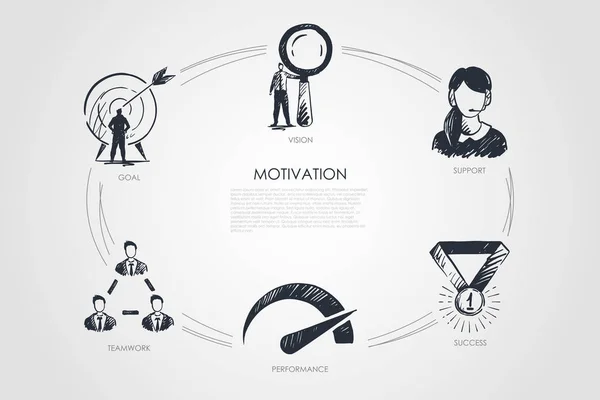 Many directories will provide a filter for areas of specialty—like CBT or depression—and will provide reviews and relevant information like cost and insurance coverage for each therapist.
Many directories will provide a filter for areas of specialty—like CBT or depression—and will provide reviews and relevant information like cost and insurance coverage for each therapist.
For some people, going to a therapist or counselor can be a scary, uncomfortable, new, or vulnerable experience. However, if you find the right fit, therapy can be incredibly effective in creating change.
Additional Resources
Education is just the first step on our path to improved mental health and emotional wellness. To help our readers take the next step in their journey, Choosing Therapy has partnered with leaders in mental health and wellness. Choosing Therapy may be compensated for referrals by the companies mentioned below.
BetterHelp (Online Therapy) – BetterHelp has over 20,000 licensed therapists who provide convenient and affordable online therapy. BetterHelp starts at $60 per week. Complete a brief questionnaire and get matched with the right therapist for you. Get Started
Get Started
Online-Therapy.com – Receive help from a caring professional. The Online-Therapy.com standard plan includes a weekly 45 minute video session, unlimited text messaging between sessions, and self-guided activities like journaling. Recently, they added Yoga videos. Get Started
Brightside Health (Online Psychiatry) – If you’re struggling with serious mental illness, finding the right medication can make a difference. Brightside Health treatment plans start at $95 per month. Following a free online evaluation and receiving a prescription, you can get FDA approved medications delivered to your door. Free Assessment
Headspace (Meditation App) – Headspace is the leading mindfulness and meditation app with over 70 million members. Headspace offers guidance and exercises for all skill levels, including beginners. Free Trial
Choosing Therapy’s Directory – Find an experienced therapist specializing in anxiety. You can search for a therapist by specialty, availability, insurance, and affordability. Therapist profiles and introductory videos provide insight into the therapist’s personality so you find the right fit. Find a therapist today.
You can search for a therapist by specialty, availability, insurance, and affordability. Therapist profiles and introductory videos provide insight into the therapist’s personality so you find the right fit. Find a therapist today.
Choosing Therapy partners with leading mental health companies and is compensated for referrals by BetterHelp, Online-Therapy.com, Brightside, and Headspace
For Further Reading
- Mental Health America
- National Alliance on Mental Health
- MentalHealth.gov
13 sources
Choosing Therapy strives to provide our readers with mental health content that is accurate and actionable. We have high standards for what can be cited within our articles. Acceptable sources include government agencies, universities and colleges, scholarly journals, industry and professional associations, and other high-integrity sources of mental health journalism. Learn more by reviewing our full editorial policy.
-
American Psychological Association.
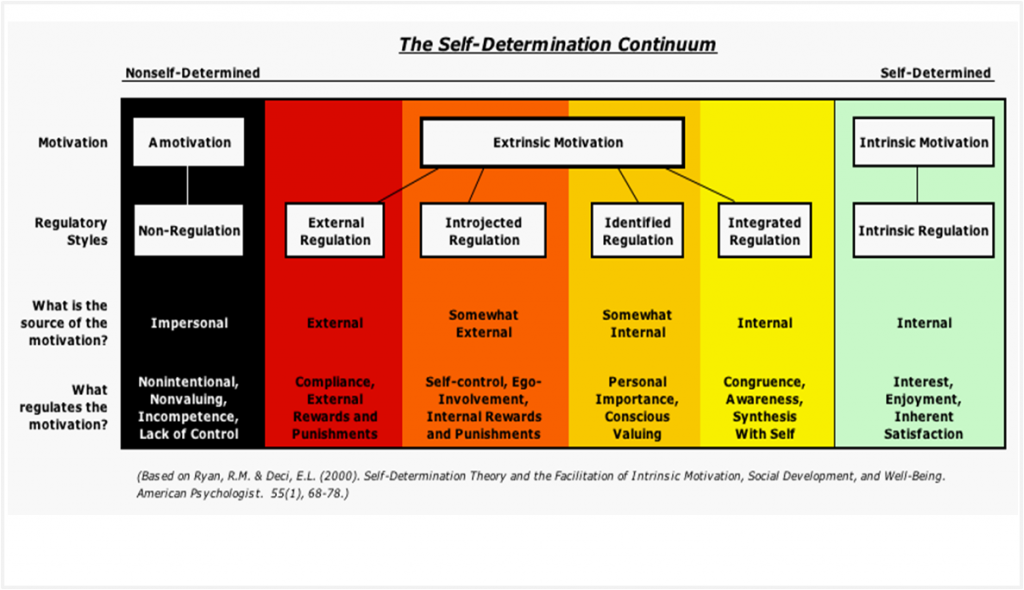 APA Dictionary of Psychology. (2020). Retrieved from https://dictionary.apa.org/apathy
APA Dictionary of Psychology. (2020). Retrieved from https://dictionary.apa.org/apathy -
Mayo Clinic. Mental illness. (2019, June 08). Retrieved from http://www.mayoclinic.org/diseases-conditions/mental-illness/symptoms-causes/syc-20374968
-
Spiegel, D. R., Warren, A., Takakura, W., Servidio, L, & Leu, N. (2018). Disorders of diminished motivation: What they are, and how to treat them. Current Psychiatry, 17(1), 10-18, 20. Retrieved from https://www.mdedge.com/psychiatry/article/155167/depression/disorders-diminished-motivation-what-they-are-and-how-treat
-
Ishizaki, J., & Mimura, M. (2011). Dysthymia and apathy: diagnosis and treatment. Depression research and treatment, 2011, 893905. https://doi.org/10.1155/2011/893905
-
Kamenov, K., Twomey, C., Cabello, M., Prina, A. M., & Ayuso-Mateos, J. L. (2016). The efficacy of psychotherapy, pharmacotherapy and their combination on functioning and quality of life in depression: A meta-analysis.
 Psychological Medicine, 47(7), 1337-1337. doi:10.1017/s003329171600341x
Psychological Medicine, 47(7), 1337-1337. doi:10.1017/s003329171600341x -
Epstein, J., & Silbersweig, D. (2015). The neuropsychiatric spectrum of motivational disorders. Retrieved from https://www.ncbi.nlm.nih.gov/pubmed/25716483
-
Mayo Clinic. Adjustment disorders. (2017, October 25). Retrieved from https://www.mayoclinic.org/diseases-conditions/adjustment-disorders/symptoms-causes/syc-20355224
-
American Psychiatric Association. Depressive Disorders. (2017). In Diagnostic and statistical manual of mental disorders: DSM-5 (pp. 160-168). Arlington, VA: American Psychiatric Association.
-
Arias-Carrión, O., & Pŏppel, E. (2007). Dopamine, learning, and reward-seeking behavior. Acta neurobiologiae experimentalis, 67(4), 481–488.
-
di Domenico, S. I., & Ryan, R. M. (2017). The Emerging Neuroscience of Intrinsic Motivation: A New Frontier in Self-Determination Research.
 Frontiers in Human Neuroscience, 11. https://doi.org/10.3389/fnhum.2017.00145
Frontiers in Human Neuroscience, 11. https://doi.org/10.3389/fnhum.2017.00145 -
Program, T. L. (2021, July 23). Rigid Expectations Effects on Mental Health. The Light Program. Retrieved from: https://www.google.com/amp/s/thelightprogram.pyramidhealthcarepa.com/rigid-expectations-impact-mental-health/amp/
-
Krieglmeyer, Regina. (2008). How to Overcome Frustration? The Influence of Frustration on Motivational Orientation and Motivational Intensity.
-
Veronika Brandstätter, Veronika Job and Beate Schulze. Motivational Incongruence and Well-Being at the Workplace: Person-Job Fit, Job Burnout, and Physical Symptoms. Frontiers In Psychology, 2016 DOI: 10.3389/fpsyg.2016.01153
update history
We regularly update the articles on ChoosingTherapy.com to ensure we continue to reflect scientific consensus on the topics we cover, to incorporate new research into our articles, and to better answer our audience’s questions. When our content undergoes a significant revision, we summarize the changes that were made and the date on which they occurred. We also record the authors and medical reviewers who contributed to previous versions of the article. Read more about our editorial policies here.
When our content undergoes a significant revision, we summarize the changes that were made and the date on which they occurred. We also record the authors and medical reviewers who contributed to previous versions of the article. Read more about our editorial policies here.
-
Originally Published: December 4, 2020
Original Author: Renee Skedel, LPC
Original Reviewer: Naveed Saleh, MD, MS -
Updated: December 9, 2021
Author: No Change
Reviewer: No Change
Primary Changes: Updated for Readability; Added seven new potential causes to “Why Am I So Unmotivated?” New material reviewed by Dena Westphalen, PharmD.
If you are in need of immediate medical help:
Medical
Emergency
911
Suicide Hotline
800-273-8255
6 Causes and Ways to Overcome It
Jump to section
Understanding how motivation works
Why are you lacking motivation?
How can you get back on track?
FAQs about motivation
Everyone experiences a lack of motivation at some point in their life. Whether you’re having a hard time finding a sense of motivation to do your laundry or work on the business pitch you’ve been thinking of, we all get into slumps.
Whether you’re having a hard time finding a sense of motivation to do your laundry or work on the business pitch you’ve been thinking of, we all get into slumps.
But we can all learn to identify what causes a lack of motivation in daily life and how to help ourselves get back on track.
Understanding how motivation works
You developed strategies to increase your sense of motivation a long time ago. You didn’t even realize it, but they formed at a young age — long before you entered the workforce. Here are three examples to reflect on to better understand motivation.
Being motivated by “adults” no longer works when you are one
Did your parents or teachers yell at you to convince you to complete your daily tasks when you were young? Parents or teachers motivating you by punishing or reprimanding you if you didn’t meet their expectations isn’t sustainable in adulthood. This is extrinsic motivation.
But now that you’re an adult and you can’t get detention or be grounded, nobody is pressuring you the same way.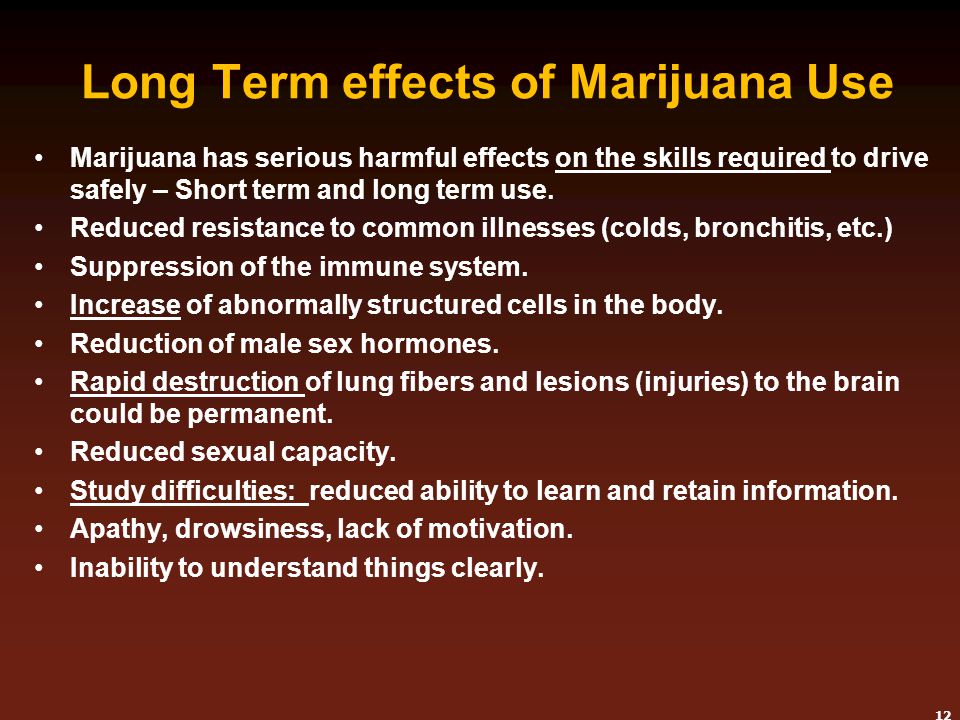 This could be why you’re having a hard time finding motivation.
This could be why you’re having a hard time finding motivation.
Being a people-pleaser undermines your motivation
Are you a people pleaser? Do you lack motivation? Little do you know, those things are related. If your motivation only turns on when you’re trying to do something for other people, you won’t have any left for yourself.
Even if you think you’re just a great helper, you’re training yourself to put others before your well-being.
Social media consumes your motivation
As you scroll through posts and posts, your need for self-esteem could be suggesting that you need to be more like people you see online. The images and lives shown are curated and often unrealistic. They may seem unreachable. Rather than motivate you, social media can be demotivating.
Even if you are motivated by what you see, the time lost can still cause you to lose motivation. Also, if you rely on comparison, when you take a break from social media, that motivation could be gone.
Why are you lacking motivation?
It’s okay that your previous motivators don’t work for you anymore. This means you’re experiencing some personal development, and that’s good. It’s important to understand that no matter why you’re experiencing low motivation, there will always be strategies and people to help you find motivation again.
A few people more than happy to help are the coaches at BetterUp. We want to be there for you regularly to help your well-being and learn how to unlock your motivation again. To learn more about BetterUp, click here.
Everyone experiences a lack of motivation in different ways. What hinders some may not be an issue at all to others. The first step to beating your procrastination is to identify your motivation problems.
Think about which ones apply the most to you. Here are six causes for lack of motivation:
Spreading yourself too thin
Burnout is real. When you have too many things on your to-do list, it doesn’t encourage you to get them done. Your procrastination can stem from feeling overwhelmed with your daily tasks. It doesn’t matter if you’re working from home and think you have plenty of time to hustle; your energy and level of motivation can be exhausted from your couch, just like the office.
Your procrastination can stem from feeling overwhelmed with your daily tasks. It doesn’t matter if you’re working from home and think you have plenty of time to hustle; your energy and level of motivation can be exhausted from your couch, just like the office.
Doubting yourself
When you doubt your abilities, you don’t feel like your completed tasks are done right. It can be a struggle to feel that sense of motivation to get started. Try to tell yourself some positive affirmations to help you get off the right foot. Think about the qualities and characteristics that you love about yourself. Even if it’s not work-related, think about how you deserve to keep trying to achieve your goals.
Mental health issues
Low motivation can be a common symptom of depression, anxiety, and other mental health issues. You can practice self-help and self-care as much as you can, but you may find that seeking professional help is more helpful for your emotions. Online therapy is beneficial, especially during the COVID-19 pandemic. Just know that you’re not alone, and you have lots of loved ones who want to see you receive the best help.
Just know that you’re not alone, and you have lots of loved ones who want to see you receive the best help.
Lack of commitment
Take a step back and think about how dedicated or passionate you are about your work right now. Do you agree to do these tasks because you feel obligated? Identifying where your to-do list decreases your motivation helps you know where to add some spice. (And by spice, we mean something fun that gives you incentive and energy to complete your tasks).
Bad attitude
Things don’t always go the way we hoped, but that doesn’t mean you’ll stay in a rut forever. Focusing on bad things deters you from accomplishing tasks, and it can’t control you forever. You can be upset, but a lasting bad attitude will ruin your motivation unless you actively try to change it.
Not being specific enough
You may think you have specific goals in mind, but are they encouraging your motivation levels? Giving yourself clear directions is essential.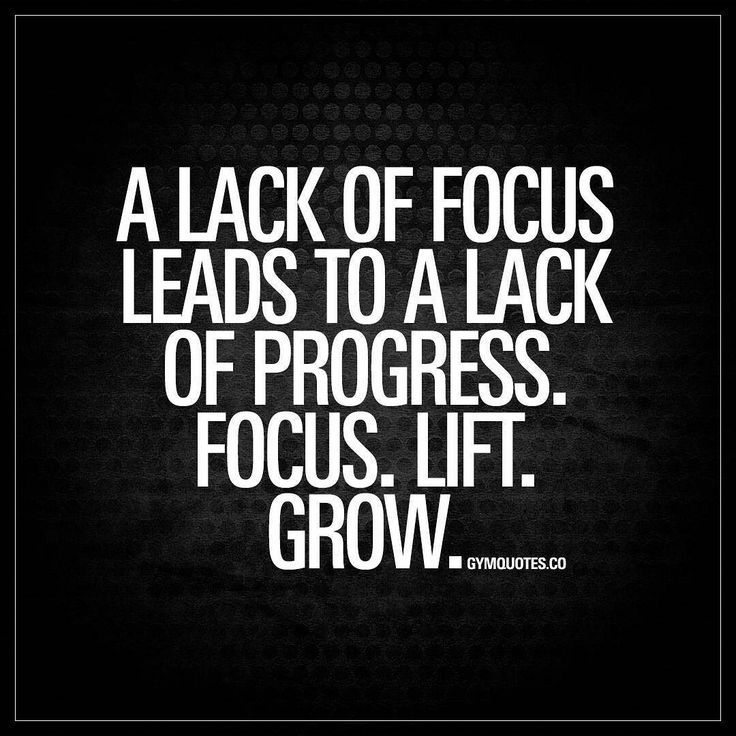 Without them, vague ideas will fade over time. You can’t just say you want to eat healthier. You need to be specific about what you want to achieve and outline precisely how you’re going to do that.
Without them, vague ideas will fade over time. You can’t just say you want to eat healthier. You need to be specific about what you want to achieve and outline precisely how you’re going to do that.
How can you get back on track?
Now that you know what can cause a lack of motivation, you need to learn techniques to start finding your motivation again. Repeating positive affirmations will only take you so far.
Each tip may not be for you, but try and find at least one that you can start practicing:
- Listen to podcasts that share positive, encouraging stories.
- Surround yourself with people in your life who are also working on goals and share progress and challenges.
- Give yourself incentives or rewards for accomplishing tasks.
- For every task you do that you don’t like, do something that makes you happy.
- Break your to-do list into manageable sections.

- Make your tasks into habits in your daily routine.
- Get outside for a walk to center your focus.
- Be kind and compassionate to yourself.
- Argue the opposite when you think negative thoughts.
FAQs about motivation
Are you wondering about other common questions people lacking motivation ask?
What’s the importance of having a challenging job to feel motivated?
Without any challenges, you won’t have anything new to work toward. If all of your tasks are easy, you won’t have any incentive to do better. Regularly throwing in a challenge can motivate you to learn something new, sharpen your skills, and try new experiences.
What things affect my motivation?
Plenty of things can affect your motivation. The weather, people around you, how hungry you are, and more impact your motivation levels. Pinpointing what impacts you the most is challenging, but it can help you get back on track. Next time you lack motivation, pay attention to your surroundings.
Next time you lack motivation, pay attention to your surroundings.
How can I help someone that’s feeling unmotivated?
One of the best things you can do for someone lacking motivation is to support them when and how they need you. If they’re struggling against a mental illness, you can suggest seeking professional help. If they need someone to hold them accountable for their daily tasks, you can do that too. Show up for them in the ways that suit them; everyone’s needs are different.
What to do if there is not enough motivation? | Jobs, careers, business
Financial expert Elle Kaplan, who is also a co-founder of Lexion Capital Management, has developed a set of recommendations that allow each of us to learn daily motivation. By following these tips, you can become a more purposeful and successful person.
1.
 Learning to realize the significance of our work
Learning to realize the significance of our work It is common for a motivated worker to believe that thanks to his efforts the world is becoming better, that he can help someone with his work. If it seems to you that your work is of no use to anyone, talk to people who are consumers of products manufactured by your company, and this misconception will dispel.
If you really see the pointlessness of your work, change your job. Work in a place where you feel that your actions bring benefit to other people. Photo: Depositphotos
2. We start to encourage ourselves
The realization that you are useful to people is a very pleasant thing, but material incentives affect our motivation even more. This statement is formulated by the author of the bestselling book "100 Simple Secrets of Successful People" David Niven.
Few of us tend to reward ourselves for the work done on a daily basis.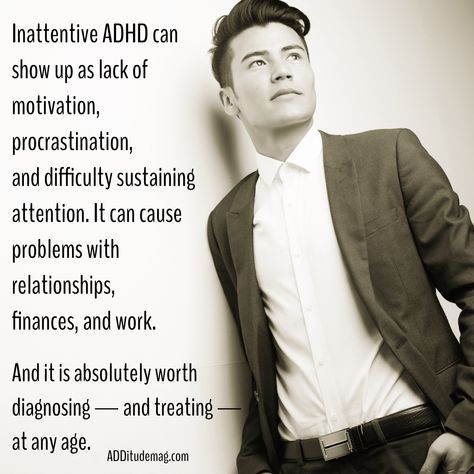 And this is a serious omission. The habit of self-rewarding will help increase motivation.
And this is a serious omission. The habit of self-rewarding will help increase motivation.
Reward yourself for your work every day. Let it be a meeting with friends at a pizzeria or at least a delicious dessert. Remembering the promised reward at the end of the day, a person will strive to do his job as best and as quickly as possible in order to receive it.
3. Learning to appreciate even small achievements
Through small victories, we can achieve great success. Are you facing a difficult task? Break it into several small tasks and solve them gradually. This is how you reach your goal. Photo: Depositphotos
Whenever we get satisfaction from the positive result of our labors, dopamine is produced in the body and we experience pleasant emotions. By solving a small problem and feeling the satisfaction of having achieved success, we gain internal motivation to take on new tasks.
By solving a small problem and feeling the satisfaction of having achieved success, we gain internal motivation to take on new tasks.
4. Recharging "batteries"
The expression "burning at work" is familiar to many of us. You can’t bring yourself to such a state, it threatens not only with moral burnout and breakdown, but also with diseases. A tired and sick person can not do quality work. He won't be successful.
If you feel very tired, take a few days off or leave. If this is not possible, “recharge batteries” right at the workplace, taking short breaks for rest. Allow yourself to rest every 10 minutes after an hour of work to stay alert and full of energy for the rest of the day.
5.
 We deceive ourselves
We deceive ourselves This is a very useful psychological technique that allows you to look at things from a different angle.
Photo: Depositphotos
Let's say it's hard for you to get up at 6 am and you consider waking up so early as losing a few hours of sleep. Deceive yourself, accustom yourself to the idea that you are not losing, but gaining 2-3 hours that can be spent on something useful.
6. We take care of our health
One of the important factors on which the level of motivation of an employee depends is the state of his health. It is impossible to get excellent work results from a person who does not feel well. Anyone who wants to be successful needs to take good care of their health.
7.
 Thinking about what will remain after us
Thinking about what will remain after us Perhaps it sounds a little strange, especially for young and active people, but every person, regardless of age, should be aware that the time of his stay in this world is not infinite. Accepting this fact is a good incentive to not waste time and work towards achieving your dreams.
Photo: Derzsi Elekes Andor, ru.wikipedia.org
Steve Jobs used this motivation technique. Every morning he asked himself, looking at his reflection in the mirror, what would he do today if he knew that this was the last day of his life. This technique allows you to effectively stimulate motivation.
Use the advice of a successful entrepreneur and financial expert to learn how to motivate yourself to achieve your goals, career growth, and business success. They will help develop the determination that we sometimes lack in order to become successful in our field of activity.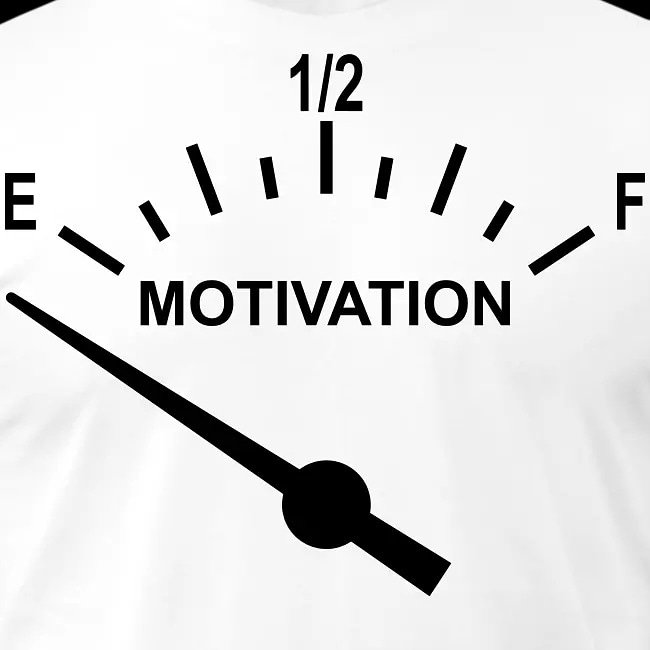
Tags: successful person, to become successful, intrinsic motivation
Motivation: from “I don’t want anything” to “I like it”
- Photo
- Getty Images
Motivation is one of the most unusual animals living in the zoo of the human psyche. The more you pull her out of the hole where she sits, the deeper she hides. Sometimes when you try to control a situation, it disappears altogether. I imagine a mother running around the museum of natural history, as if trying to convey her interest in giant dinosaurs to her teenage children, who walk around the museum looking bored, occasionally taking pictures with their phones.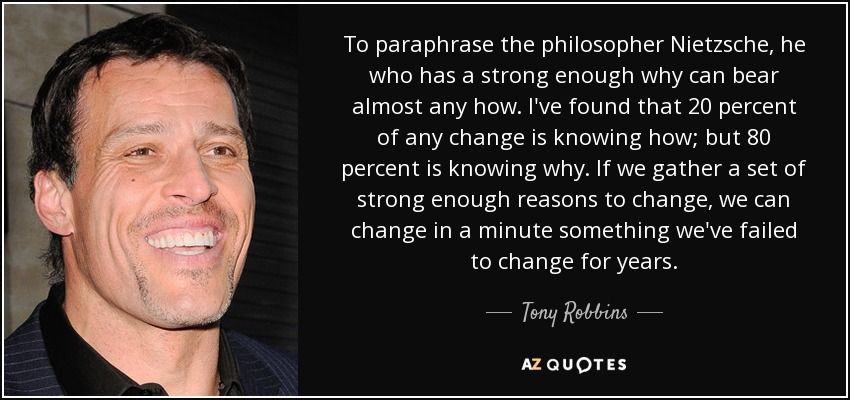
Although motivation cannot be forced, several factors contribute to its emergence, helping children progress from the stage of lack of motivation (“I don’t want, I won’t”) to the stage of external motivation (“I will only do it because I am forced to”), then to introjected motivation (“I’m ashamed that I don’t”), followed by integrated motivation (“I understand why I need it”) and, finally, true motivation (“I like to do it”). There are three main factors that contribute to motivation - desire for competence, need for connection with others and personal choice .
Striving for competence
This is openness and interest in new things, seeking opportunities for learning and acquiring new skills. The desire for competence is already noticeable in infants - they play, learn to interact with objects around them and explore the world around them. When a child takes the first steps, falls and gets up again - this is the desire for competence. We all want to be competent, to be able to do something well, and this desire does not disappear with age, but often becomes more narrowly focused - for example, we really want to achieve mastery in football or makeup, but study does not interest us. Take a closer look at your teenager - in what area does he want to become competent? Is it possible to redirect his passion somewhere else? Maybe it makes sense to Google information about the chemical composition of lipstick, if it will help to interest her daughter in science? It is also worth remembering that, for example, it can be difficult for a 12-year-old to read an entire chapter of a textbook. You can divide it into subsections, breaking one large goal into several small ones. With each read subsection, competence will gradually grow.
Take a closer look at your teenager - in what area does he want to become competent? Is it possible to redirect his passion somewhere else? Maybe it makes sense to Google information about the chemical composition of lipstick, if it will help to interest her daughter in science? It is also worth remembering that, for example, it can be difficult for a 12-year-old to read an entire chapter of a textbook. You can divide it into subsections, breaking one large goal into several small ones. With each read subsection, competence will gradually grow.
Connecting with others
This is our deep need to build relationships and be together with other people. As one of the founders of positive psychology, Chris Peterson, said, “Others matter to us.” To satisfy this need, you need to build reliable relationships and feel like a full member of society. Young children tend to build relationships with family members, but teenagers are much more likely to reach out to peers.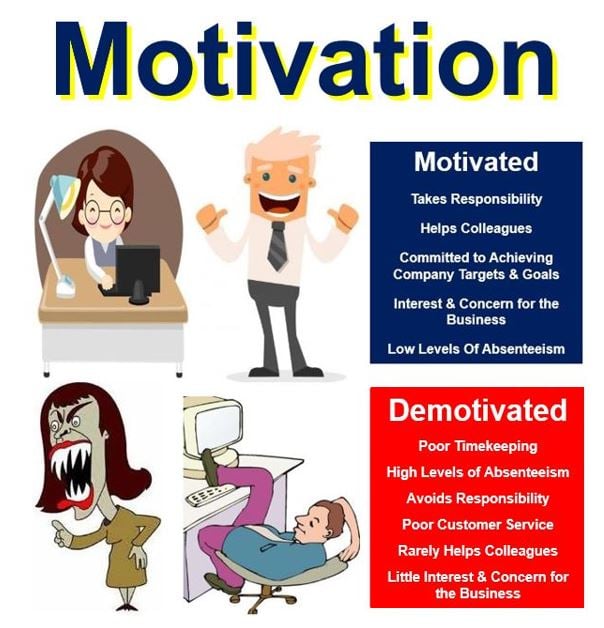 This can also be used to increase their motivation: invite a friend of your child to a family picnic, invite a group of his friends to work on a project together, or enroll your son or daughter in a circle or class where their new comrades are likely to “endorse” some These are activities that your child has not been interested in before. My 16-year-old Andrew has a theater class every Saturday. For the past three years, museums have seemed to him not “cool” enough, but recently he suddenly turned to his cultural horizons - simply because the girl from this circle, whom he likes, is interested in art.
This can also be used to increase their motivation: invite a friend of your child to a family picnic, invite a group of his friends to work on a project together, or enroll your son or daughter in a circle or class where their new comrades are likely to “endorse” some These are activities that your child has not been interested in before. My 16-year-old Andrew has a theater class every Saturday. For the past three years, museums have seemed to him not “cool” enough, but recently he suddenly turned to his cultural horizons - simply because the girl from this circle, whom he likes, is interested in art.
Personal choice
This means that we act according to our own decision (and not because of external factors), and also coordinate our actions with our value system. Personal choice is essential to motivation. If we are free to choose what we do, it is easier for us to appreciate the reasons why we make these choices. On the contrary, if we do something against our will, it is much more difficult to develop intrinsic motivation. Therefore, additional rewards for achievement, for which a person must have his own motivation, actually only worsen his results. So forget about promising a teenager a new smartphone for a good mark on an exam, and, no matter how scary it sounds, shift the responsibility for his life to him. When they understand that this is a real responsibility (“I will not choose for you where you go”), then most likely they will be ready for it.
Therefore, additional rewards for achievement, for which a person must have his own motivation, actually only worsen his results. So forget about promising a teenager a new smartphone for a good mark on an exam, and, no matter how scary it sounds, shift the responsibility for his life to him. When they understand that this is a real responsibility (“I will not choose for you where you go”), then most likely they will be ready for it.
Research shows us what happens if we don't pay attention to these three factors. It was found that the children of controlling parents like to play less than the children of parents who develop independence in the child. It seems that parental control spoils the child's enjoyment of the most natural activity for him. As a result, the dissatisfaction of basic needs (due to cold, controlling parents) leads to the search for external substitutes. For example, adolescents whose mothers were rated as cold and uncaring were more interested in material needs (money and things) as compensation.
Learn more






